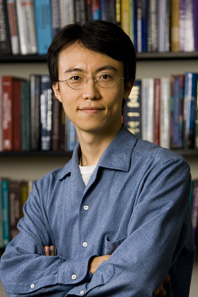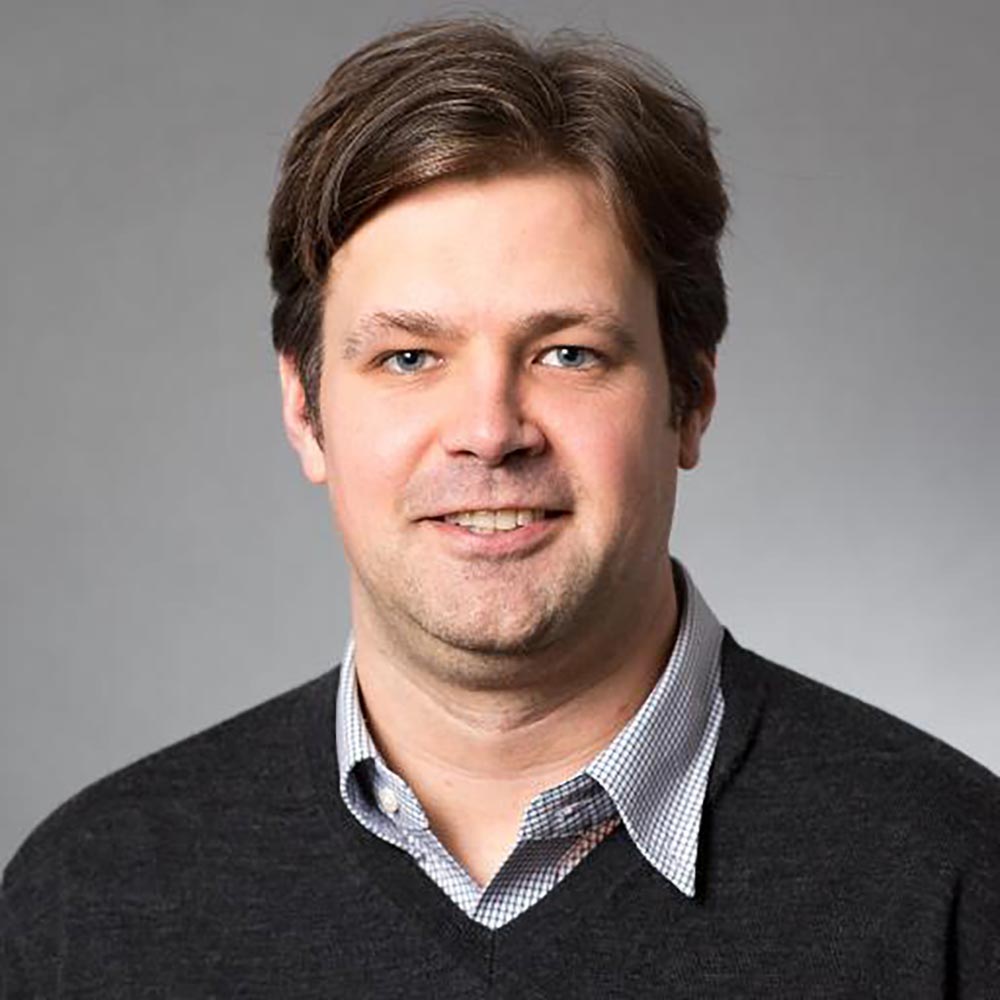Two researchers awarded Department of Defense grants
By Anne Ju


Cornell chemists William Dichtel and Jiwoong Park have received Department of Defense Multidisciplinary University Research Initiative (MURI) awards. The highly competitive program supports research teams working in more than one traditional science or engineering discipline to accelerate breakthroughs in basic research.
This year, the DOD awarded 22 MURI grants totaling $149 million over the next five years.
Dichtel, associate professor of chemistry and chemical biology, will partner with researchers from the University of California, Berkeley; Georgia Institute of Technology; and King Abdullah University of Science and Technology in Saudi Arabia to develop the Center for Advanced 2-D Networks.
The center will address the long-standing challenge of making polymers with repeating two-dimensional structures, similar to the repeating nature of bathroom tile, as compared with the one-dimensional structures of many plastics used today, Dichtel said.
Members of the center have pioneered ways to prepare 2-D polymers, and the center will focus on improving these techniques and understanding their unique design rules. The researchers will prepare 2-D polymers with properties including conductivity, magnetism, the ability to store charge, or the ability to interact with light in useful ways. They will also study mixed systems of these designed 2-D polymers with other emerging 2-D materials, such as graphene or molybdenum disulfide.
Park, associate professor of chemistry and chemical biology, will partner with researchers from Stanford University and Johns Hopkins University for a project titled “Atomically thin systems that unfold, interact and communicate at the cellular scale.”
The goal of the collaboration is to make transistors, photovoltaics and other devices out of ultra-flexible, ultra-thin materials including graphene, hexagonal boron nitride and transition metal dichalcogenides. The work will involve integrating devices into paper-like, atomically thin materials. For instance, Park said, the researchers envision microscale or nanoscale deployable parachutes made out of high-functioning electronics devices that could be communicated with wirelessly.
The team includes Paul McEuen, professor of physics, and David A. Muller, professor of applied and engineering physics, as well as experts in thin film folding, integrated circuits and the interaction of light and devices from Stanford and Johns Hopkins.
Media Contact
Get Cornell news delivered right to your inbox.
Subscribe